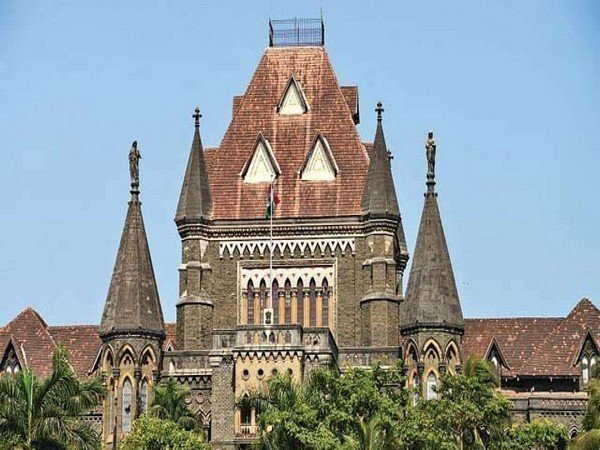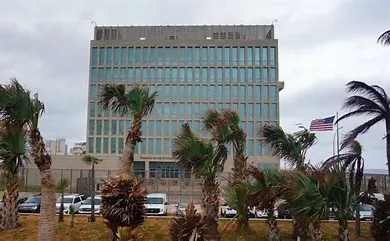The Bombay High Court in the case Alakshit S/o. Rajesh Ambade v. State of Maharashtra observed and has reiterated that the grounds on which bail was being granted to an accused have to be considered by the detaining authority while deciding whether the accused needs to be preventively detained or need not to be deatined. The court stated that the grant of bail being an important factor which goes into making up of the requisite satisfaction of the Authority. The court while considering appropriately, the grounds of bail do impact the decision taken by the authority, one way or the other. In the case, a person may be granted of bail on the ground that inter alia, that he is not likely to tamper with the prosecution’s evidence or witnesses. The same would be an ground which may strengthen the case of that person and it may possibly restrain the Authority from passing any detention order. Adding to it, the court stated that in another case, the proposed detenu is granted bail, not on merits of the matter but, upon a default ground under Section 167 of the Code of Criminal Procedure. Therefore, there may be another case where the person is granted temporary bail for fulfilling some urgent purpose. In both of these examples, the grounds of bail may not perhaps be helping the proposed detenu. The division bench comprising of Justice Sunil B. Shukre and Justice M. W. Chandwani observed and has set aside an order for preventive detention of a man under Section 3 of the Maharashtra Prevention of Dangerous Activities of Slumlords, Bootleggers, Drug offenders, Dangerous Persons and Video Pirates, Sand Smugglers and the Persons who are engaged in Black Marketing of Essential Commodities Act, 1981 (the MPDA Act). In the present case, the court registered the crime under against the petitioner for intentional insult with intent to provoke breach of the peace, extortion, and consumption of narcotics drugs respectively along with section 4 and section 14 of the Arms Act for possession of unauthorised arms. The court granted him bail in all the three crimes. Therefore, the petitioner approached the High Court, wherein challenging the preventive detention order passed by the police commissioner and confirmed by the State. Thus, he also challenged the Home Department order wherein delegating power of passing detention order upon the mentioned District Magistrates and Police Commissioners. The counsel, Advocate Vijay Sawal appearing for the petitioner submitted that the detaining authority did not consider the grounds on which the petitioner was released on bail in the three crimes. The counsel, APP S. S. Doifode appearing for the State submitted that that the detaining authority not only considered the three crimes but also additional material available against the petitioner i.e., two statements of confidential witnesses. An overall view of the material was taken by the detaining authority, against petitioner and its impact on prospective witnesses and reached the subjective satisfaction about the necessity of passing the detention order. Further, it has been noted by the court that the Home Department’s order records satisfaction that compelling circumstances exist for the state government to exercise its power of delegation under Section 32 of the MPDA Act. The court while considering the material by the administrative authority is not produced, nothing suggests that there was no material with the state government when it exercised this power. It has been noted by the court that while it has been considered by the detaining authorities, the three crimes registered against the petitioner and it did not, in any manner, while considering the grounds on which the petitioner was released on bail in all the crimes. Adding to it, the court stated that the rounds of bail granted to an accused form an important part of the material available against the accused and the detaining authority has a duty for considering it. The court noted that in an order of bail relating to the case of consumption of narcotics against the petitioner, the Judicial Magistrate First Class had held that no purpose would be served of by keeping him behind the bar.

















